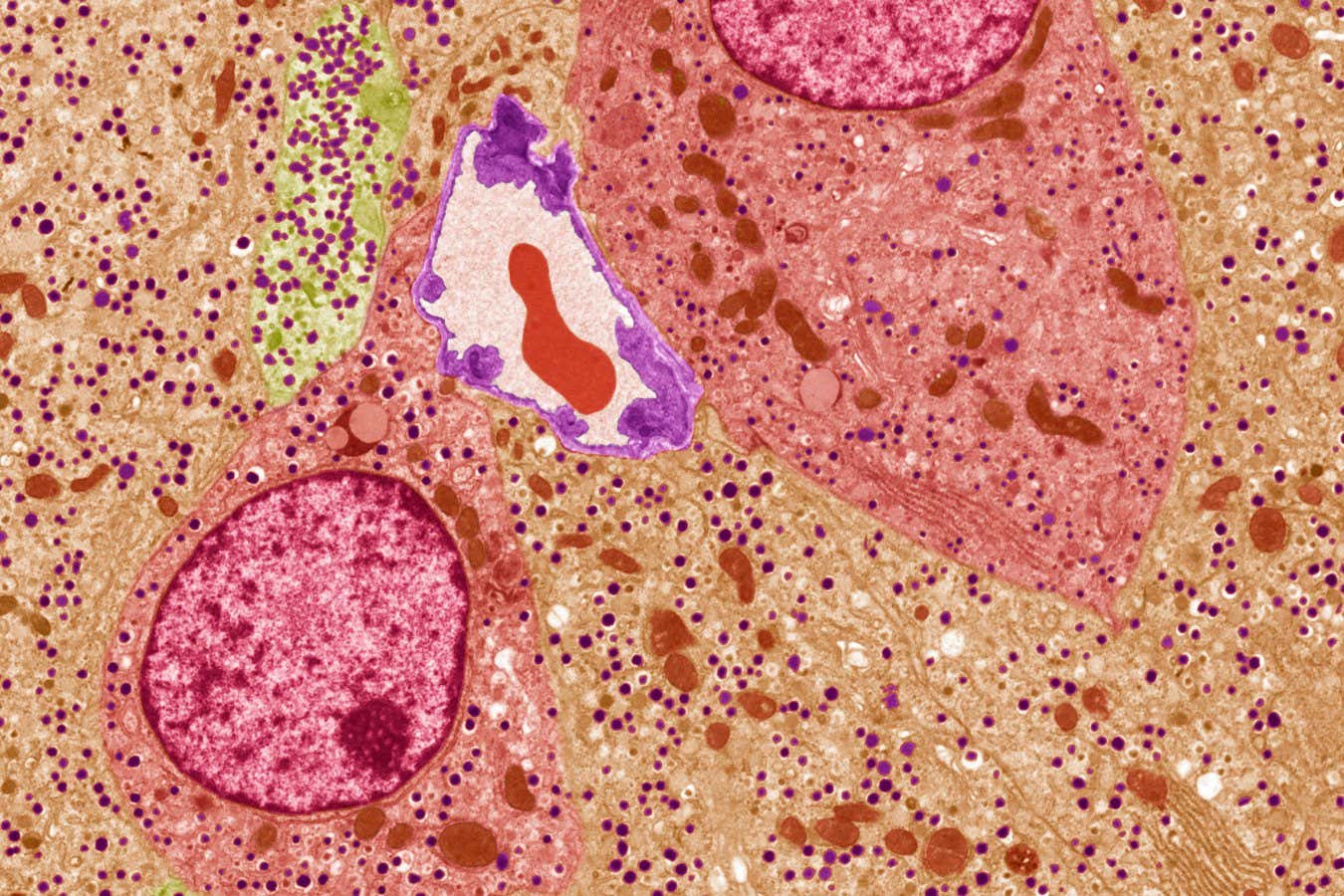
:max_bytes(150000):strip_icc():format(jpeg)/Health-GettyImages-1190951046-0081ea5d1ced45b09c2cb77af0f581ef.jpg)
Dementia is a general term for a decreased ability to think, remember, and reason that affects daily life. The most common cause of dementia is Alzheimer’s disease. Unfortunately, dementia is progressive, meaning it worsens over time.
Over that time, you or your loved one will experience different stages of dementia, which range in severity. In milder stages, symptoms are first starting. In more severe stages, assistance for daily activities like eating is needed.
Healthcare providers use several screening tools to measure dementia severity and determine which stage of dementia you or your loved one is in. These interview-based assessments measure abilities related to brain activity, such as concentration, judgment, memory, perception, and problem-solving, to determine the rate of cognitive impairment.
The number of dementia stages varies by tool. A widely used dementia staging tool is the Global Deterioration Scale (GDS). The GDS defines seven stages of cognitive impairment:
- Stage 1: No cognitive decline
- Stage 2: Very mild cognitive decline
- Stage 3: Mild cognitive decline
- Stage 4: Moderate cognitive decline
- Stage 5: Moderately severe cognitive decline
- Stage 6: Severe cognitive decline
- Stage 7: Very severe cognitive decline
The stages of dementia are not always linear—you or your loved one might not experience a straight path through all the stages. There can be times of decline followed by times of stability. How long someone spends in each stage can also vary. Everyone’s journey with dementia is different.
Here’s what to know about each stage of dementia.
In this stage, there are no signs or symptoms of neurological impairment. A person can still drive, work, and participate in daily activities. Therefore, an interview-based assessment like the GDS would not qualify the person for a dementia diagnosis. That’s why this stage is also referred to as the preclinical stage.
While there are no signs that you, your healthcare provider, family, or friends would notice, certain tests may find biomarkers of early dementia. One measurable biomarker that could indicate dementia is a change in cerebrospinal fluid, a substance present in the brain.
In the second stage of dementia, the person may begin to notice mild memory loss. However, the memory loss is no different than normal age-related forgetfulness. Friends or family would likely not suspect anything, and a healthcare provider wouldn’t be able to diagnose dementia based on an interview-assessment tool.
The third stage of dementia is when symptoms become more noticeable. In this intermediate stage, friends and family might notice changes that affect your daily life, and coworkers might notice changes that affect your work. A diagnostic questionnaire for dementia would confirm you’re having trouble with your memory and concentration.
Not quite diagnosable as dementia, you would instead be diagnosed with what is called mild cognitive impairment.
During this third stage, you might experience more pronounced memory loss—beyond what is considered normal for aging. Additional symptoms include:
- Greater difficulty performing tasks and concentrating
- A tendency to lose or misplace valuable items
- Problems with communication, such as remembering names or the right word
- Troubles with short-term memory, including forgetting material you just read or the name of a person you just met
- Issues with planning or organizing
At stage 4, a person is classified as having mild dementia, which means there is a clear decrease in cognitive function.
During this stage, a person may forget their personal history. But issues beyond forgetfulness begin to emerge, too. In the fourth stage of dementia, a person may also experience the following:
- Difficulty performing hard tasks like paying bills and managing personal finances
- Behavioral changes, like anxiety or moodiness or acting withdrawn
- Problems concentrating
The fifth stage of dementia is considered moderate dementia. At this point, someone will likely need daily help but can still eat and use the restroom on their own. While a person may retain memories of major life events and remember details about themselves and their family, they may lose memory of other things.
Memory and cognitive impairment lapses begin to erode a person’s ability to function independently. They might also experience the following:
- Inability to remember current-day details like their address or phone number
- Inability to remember past details like the name of their high school or college
- Confusion about the present date or their physical location
Stage 6 is classified as moderately severe dementia. In this stage, a person will need constant care and supervision. Their memory and ability to perform daily tasks like dressing themselves have decreased significantly. They may also have major personality, emotional, and behavioral changes.
In the sixth stage, someone with dementia could experience any of the following:
- A loss of awareness of their surroundings
- A loss of awareness of recent experiences
- A loss of awareness of the year or season
- Inability to remember their personal history (though they can remember their name)
- Inability to remember the name of a spouse or caregiver (though they can tell whether someone is familiar by looking at their face)
- Changes in sleep pattern
- Trouble controlling their bladder or bowels (incontinence)
- A tendency to wander or get lost
The final stage of dementia is referred to as severe, advanced, or late-stage. It is marked by a steep decline in cognitive ability and the ability to perform movements like walking. Someone in this stage of dementia will need help with everything; including eating and going to the bathroom.
Symptoms of the last stage of dementia include the following:
- Total incontinence
- Loss of the ability to verbally communicate (though they may occasionally say a word or phrase)
- Inability to sit up or hold up their head independently
- Inability to smile
- Abnormal reflexes
- Rigid muscles
- Inability to swallow
This stage of dementia is considered terminal because it is the last stage before death. One of the most common causes of death in end-stage dementia is pneumonia, a lung infection people with severe dementia are more susceptible to. People with advanced dementia are likelier to get other infections, as well.
The final stage of dementia can last between several weeks and a few years.
The life expectancy of someone with dementia varies widely. While someone might live four to eight years after diagnosis, someone else might live 20 years after their diagnosis.
Life expectancy with dementia can depend on several factors, including:
- Age at diagnosis: Research shows that when a person is older at the onset of dementia, the disease progresses more quickly.
- Disease severity at diagnosis: Someone with a milder stage of dementia might have a greater life expectancy after diagnosis.
- Type of dementia they have: For someone with Alzheimer’s in their 60s or 70s, life expectancy is about 7-10 years after diagnosis. For someone with vascular dementia or Lewy body dementia, life expectancy is 5-7 years after diagnosis.
- Presence of other conditions: Having cardiovascular disease, diabetes, Down syndrome, or stroke can decrease your life expectancy with dementia.
- Race: While many people of color are more likely to be diagnosed with dementia, people who are African American, Hispanic, or Asian American, on average, tend to live longer post-diagnosis than people who are white.
Early diagnosis of dementia can make a difference in dementia progression. While there is no cure for dementia, an earlier diagnosis could mean having plans in place to manage symptoms and making lifestyle changes that could slow symptom progression. This could help both the person with dementia and their caregiver.
When dementia is diagnosed sooner, there is more opportunity to receive treatment for symptoms. You may even be able to participate in clinical trials of dementia medication. Getting diagnosed earlier also allows you to build a care team and participate in support services.
Since early detection is critical to receiving timely dementia care and support, older adults should consider seeing a healthcare provider if they are experiencing any symptoms of dementia. This could include memory loss, a change in mood, unexplained irritability, or difficulty performing routine tasks. You’ll especially want to visit a healthcare provider if you have dementia symptoms and are a woman, Hispanic, or African American.
You typically go to a primary care provider first, and they may refer you to a neurologist (a doctor who specializes in diagnosing and treating diseases of the brain and nervous system).
The provider will likely ask about your and your family’s health history and your symptoms. Based on your answers and any interview-based assessment they perform, they can determine whether it is dementia or something else—such as stress or vitamin deficiencies—causing changes in your thinking, movement, or behavior.
Dementia is a term for impaired cognition that, over time, leads to a loss of memory, motor skills, and independence. There are different stages of dementia, and they are labeled based on how severe your symptoms are. As your dementia progresses, you will be in different stages.
Generally, there are early (mild), middle (moderate), and late (severe) stages of dementia. One of the more common assessment tools further breaks this down into seven stages of dementia. The symptoms in the earlier stages may go unnoticed, but in the later stages of dementia, people will need help completing daily tasks.
Typically, the earlier the stage you are diagnosed with, the more opportunity you have to slow progression. If you or a loved one feels you are losing memories, cannot recall dates or names, or are having trouble completing tasks, make an appointment with your healthcare provider for an assessment.








